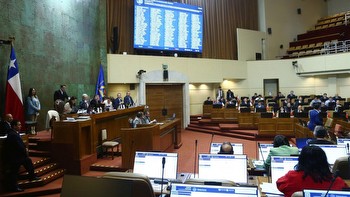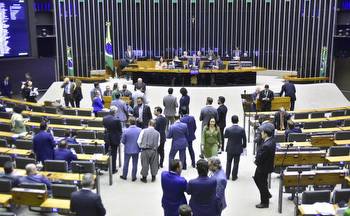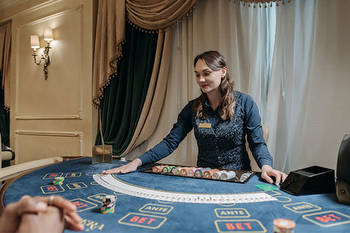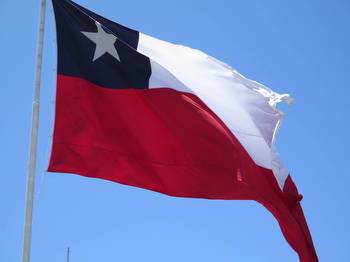Congress of Chile urged to impose advertising ban ahead of gambling resolutions

The National Congress of Chile has been notified that Coquimbo region representative Marco Antonio Sulantay will present a bill seeking to impose an outright ‘betting advertising ban of sports events and teams’.
Yet to be submitted to the Lower House , the bill drafted by the Coquimbo deputy seeks to prohibit Chiliean media and sports clubs, (in particular football teams) from doing business with unlicensed operators.
A member of the Sports Commission of the Chamber of Deputies, Sulantay underscored that remote operators are targeting Chile “without paying any type of taxes for the millions of dollars in profits they generate.”
“It’s necessary to ban them from being sponsors of sports events and clubs”, Sulantay stated, and further asked for the Ministry of Finance to “make decisive progress in regulating their operation in Chile and for them to pay the respective taxes.”
Moreover, the legislator said that the advertising from betting companies “has taken over sports events” and emphasized that sponsorships mainly aim at football audiences.
According to Sulantay, “it can become a serious problem, such as the participation of minors in sports betting,” as El Dinamo reported.
To justify the proposal, Sulantay talked about problem gambling and said that “users can profit with smaller bets, but lose everything in a single bet and become desperate to recover that money with larger bets.”
Recently, the casino operator Dreams filed a complaint for illegal gambling operations against an international company, which was added to the more than 20 complaints that the Superintendency of Gambling Casinos (SCJ), the local regulator, has filed with the Public Ministry since July 2021.
Consequently, Alejandro Weber, Chile’s Undersecretary of Finance, revealed at the beginning of March that the government will seek to regulate the online gambling market, which would contribute around $55m a year in taxes.
The most recent figures from the local regulator, the SCJ show that there are already 900 online gaming sites and platforms, representing a market worth approximately $150m.
The details shared indicate that the companies would be able to obtain a five-year renewable license or a temporary, non-renewable six-month license. All types of games would be allowed, with the exception of lotteries and the ones that attract minors.





































